Ten Books to Read This Short Story Month
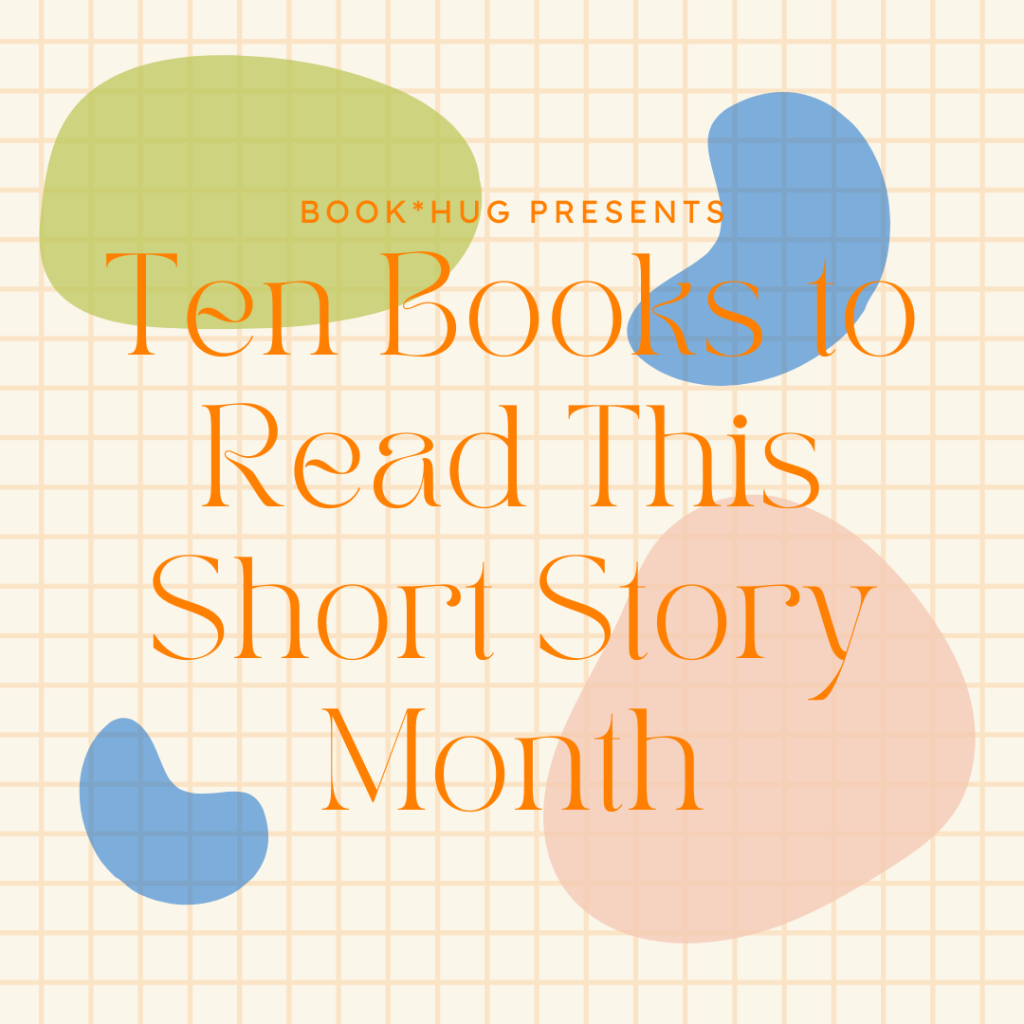
May is Short Story Month! Please join us in celebrating this centuries-old yet endlessly versatile form. Whether you read short stories frequently, occasionally, or not at all, we invite you to consider adding the following books—all short story collections—to your May reading list.
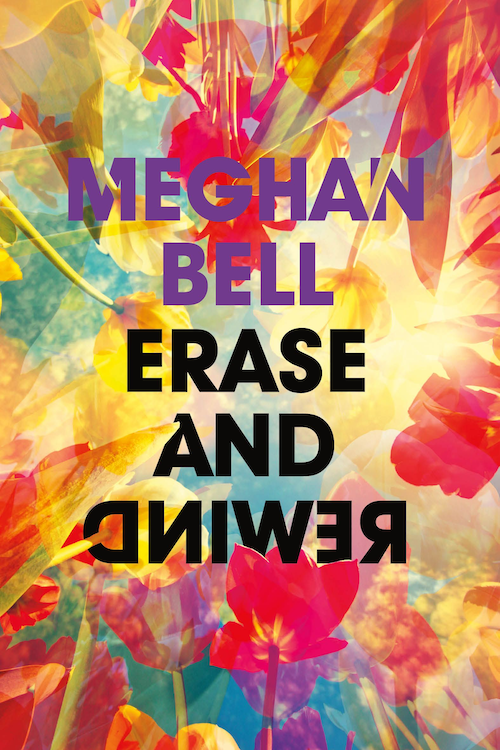
Erase and Rewind by Meghan Bell
Meghan Bell’s debut collection is a highwire balance of levity and gravity, finding the extraordinary in common experiences. Quirky, intelligent and darkly comic, the stories in Erase and Rewind probe the complexities of living as a woman in a skewed society. Told from the perspective of various female protagonists—an assault survivor, a teen athlete, and the daughter of a superhero, to name just a few—these stories pick at rape culture, sexism in the workplace, uneven romantic and platonic relationships, and the impact of trauma under late-stage capitalism.
Lindsay Wong, author of The Woo-Woo, calls Erase and Rewind “[u]tterly bold, darkly funny, candid and bizarrely tender,” and writes that “Meghan Bell’s debut is a testament to being young and female, lost, lonely, and neurotic, while simultaneously trying to navigate the perilous journey of everyday life.”
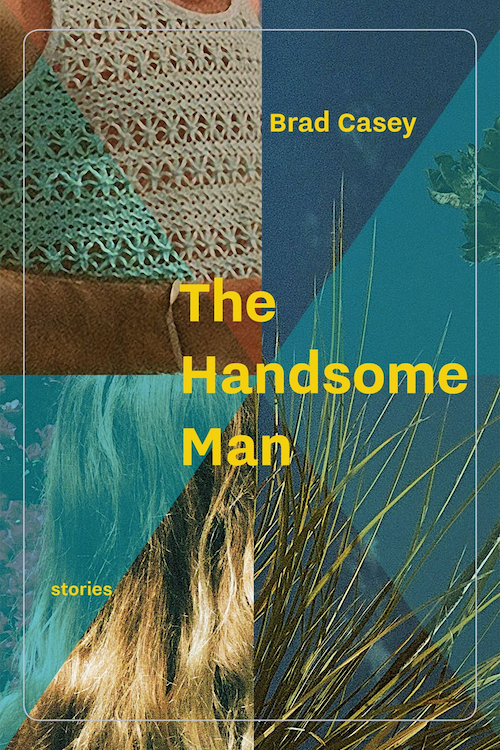
The Handsome Man by Brad Casey
The Handsome Man is a collection of linked stories that follow several years of the life of a young man as he is drawn around the world: from Toronto to Montreal, New York, Ohio, New Mexico, British Columbia, Berlin, Rome, and Northern Ontario, along the way meeting hippies, healers, drinkers, movie stars, old friends, and welcoming strangers. He isn’t travelling, however; he’s running away. But as far and fast as he runs, the world won’t let him disappear, and each new encounter and every lost soul he meets along this journey brings him closer and closer to certain truths he’d locked away: how to trust, how to live in this world, and most of all, how to love again.
“Brad Casey’s fiction debut is a gem that celebrates little blips of happiness and small, elusive moments of genuine human connection,” writes Guillaume Morrissette. Sofia Banzhaf writes that “The Handsome Man is about listening and writing, it’s about the dream of youth, the desire to squeeze every last shimmering drop of life out of the present moment. It’s about the vague and haunting ache that comes with loss and the people who make it bearable. From couches in Rome to frozen rivers in the Canadian countryside, the top of the Berliner Dom, and graveyards in Memphis, Casey takes you on an unforgettable journey through life’s wilderness.”
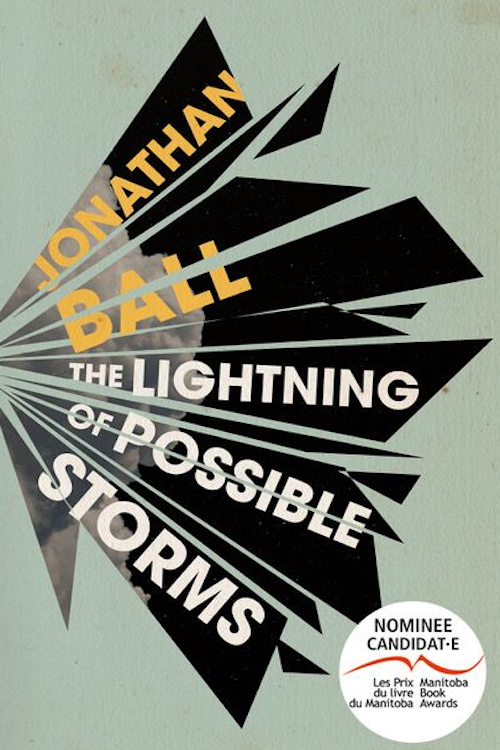
The Lightning of Possible Storms by Jonathan Ball
Aleya’s world starts to unravel after a café customer leaves behind a collection of short stories. She is surprised and disturbed to discover that it has been dedicated to her.
The more Aleya reads, the deeper she sinks into the mysterious writer’s work, in which a mad scientist seeks to steal his son’s dreams; a struggling writer, skilled only at destruction, finds himself courted by Hollywood; a woman seeks to escape her body and live inside her dreams; citizens panic when a new city block manifests out of nowhere; and the personification of capitalism strives to impress his cutthroat boss. Soon, Aleya is overwhelmed as a new, more terrifying existence takes hold. Jonathan Ball’s first collection of short fiction blends humour and horror, doom, and daylight, offering myriad possible storms.
“Cheerfully horrifying, and full of the unexpected, The Lightning of Possible Storms is an entertaining Borgesian foray into the existential dread of writing itself,” writes Saleema Nawaz, author of Songs for the End of the World.
The Lightning of Possible Storms is a finalist for the 2021 Margaret Laurence Award for Fiction.
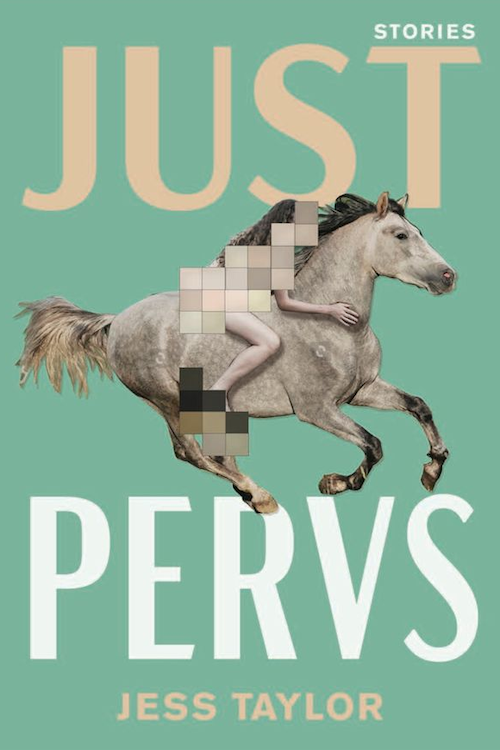
Just Pervs by Jess Taylor
In Just Pervs, Jess Taylor’s sophomore story collection, contemporary views of female sexuality are subverted, and women are given agency over their desires and bodies. Through these characters, sex is revealed to be many things at once: gross, shameful, exhilarating, hidden or open—and always complicated. Reminiscent of the works of Maggie Nelson, Mary Gaitskill and Chris Kraus, the stories in Just Pervs explore the strange oppression and illumination created by desire, the bewilderment of adolescence, and the barriers to intimacy both discovered within and imposed upon ourselves.
“Jess Taylor’s stories are a lot of fun, but more importantly they push up against misconceptions about what it means to be a sexual woman,” writes Fawn Parker for 49th Shelf. Quill & Quire writes that “Taylor’s prose is beautiful and cutting,” and that “these stories are cruel and unflinching about everything: characters, events, even the recurring Toronto scenery.”
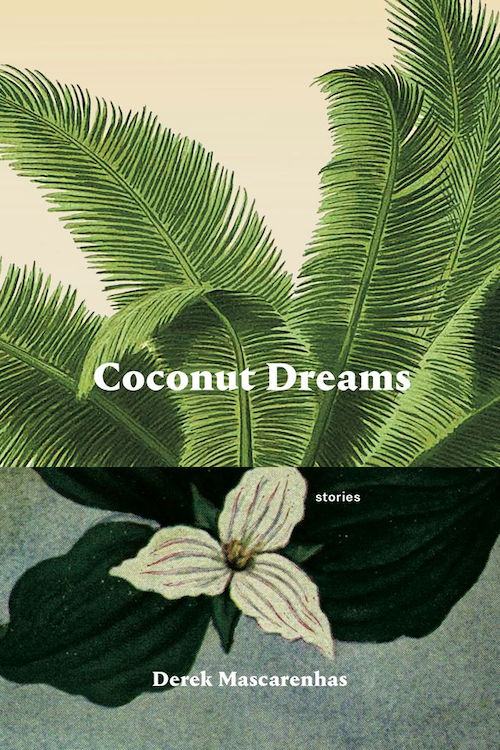
Coconut Dreams by Derek Mascarenhas
In his debut short story collection, Coconut Dreams, Derek Mascarenhas takes a fresh look at the world of the new immigrant and the South Asian experience in Canada. In these stories, a daughter questions her father’s love at an IKEA grand opening; an aunt remembers a safari-gone-wrong in Kenya; an uncle’s unrequited love is confronted at a Goan Association picnic; a boy tests his faith amidst a school-yard brawl; and a childhood love letter is exchanged during the building of a backyard deck. The collection weaves through various timelines and perspectives to focus on two children, Aiden and Ally Pinto, who tackle their adventures in a predominantly white suburb with innocence, intelligence and a timid foot in two distinct cultures.
“Like all proper enchantments, these vignettes are dark, light, strange, and vivid such that they delight and charm in equal portions,” writes Kathryn Kuitenbrouwer, author of All the Broken Things. Postmedia calls Coconut Dreams “[a]n epic work in short-story form.”
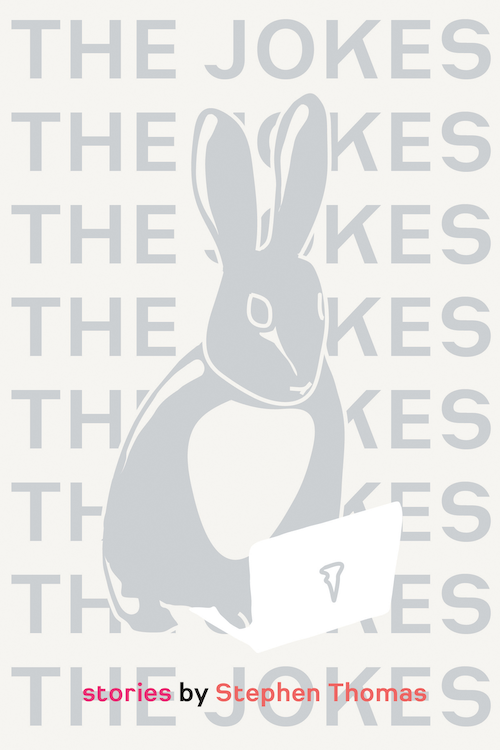
The Jokes by Stephen Thomas
This collection of very short stories riffs on the form of the joke, but as this might be understood by the best culture-critical comedians of our time: Andy Kaufman, Stephen Wright, Jon Stewart, Richard Pryor. Sad and funny, hopeful and ecstatic, nostalgic and cerebral, the vignettes in The Jokes offer a very personal, yet amazingly relatable entry-point into some of the big ideas that trouble our times—gender identity, sexuality, life and death, and ways of being in the world.
“Stephen Thomas writes little stories, but be wary of little things: they punch and expand and bruise and heal and break and reveal,” writes Lily Hoang. Neil Smith writes that The Jokes “packs a novel’s worth of material into two short paragraphs.”
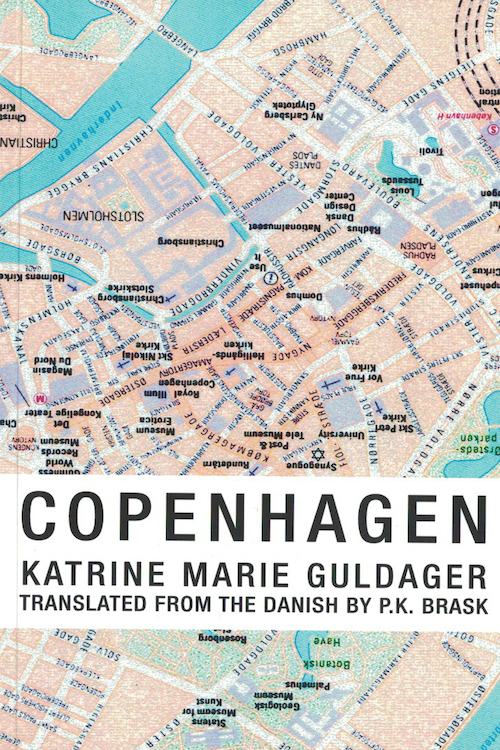
Copenhagen by Katrine Marie Guldager, Translated by P.K. Brask
Copenhagen is a collection of eleven short stories that map the city of København through subtle intertextuality. Each story takes place in a different location within the urban landscape, and these sites become a network through which its citizens move, their lives brushing up against each other but without ever connecting. The narratives lead the reader through a landscape where consciousness, both social and poetic, become the city and the text, isolated and connected, orchestrated and restless. Katrine Marie Guldager’s tales exude what was for Goethe the core of the short story: “the unheard-of event.”
“Copenhagen is a portrayal of a prosperous human… a human trying to make meaning of an orderly world devoid of ideological substance,” writes Gadfly magazine. “Guldager’s genius lies in portraying how this uneventful struggle affects everything around it—and how everything around it is just a sublime facade for a lack of humanity.”
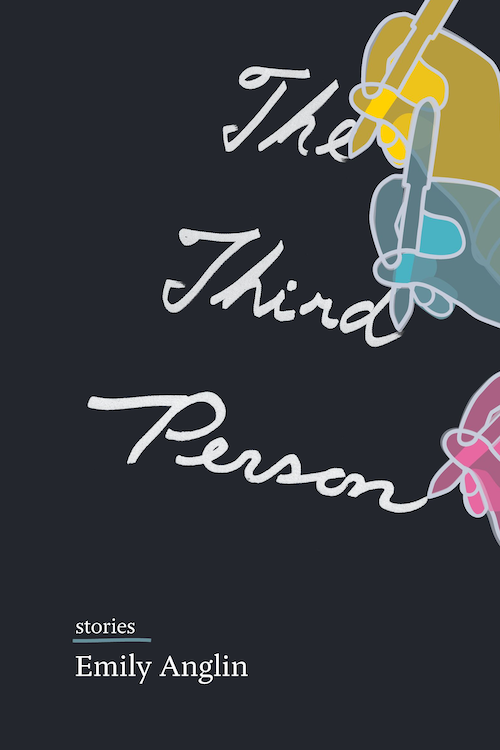
The Third Person by Emily Anglin
Two’s company, three’s a crowd—and sometimes it’s more than that. In The Third Person, a collection of uncanny short stories by Emily Anglin, a sequence of tense professional and personal negotiations between two people is complicated when a third person arrives. Anglin’s darkly humorous stories contemplate situations in which characters refashion themselves to fit a new competitive milieu. Within these triangulated microworlds, disorienting gaps open up between words and reality: employees dissolve from job titles, neighbours overstep comfortable boundaries, and voices distanced by space or time make their presence felt. Anglin’s debut collection explores the uneasiness that builds among these separate but entangled lives.
“Reading this book is like walking into an apparently familiar room and having all the details add up to something unsettling and new,” writes Kate Cayley, Trillium Book Award-winning author of How You Were Born. In a review for Room magazine, Jessica Rose writes, “Anglin’s controlled yet nuanced voice is refreshing, and a welcome addition to the short story genre.”
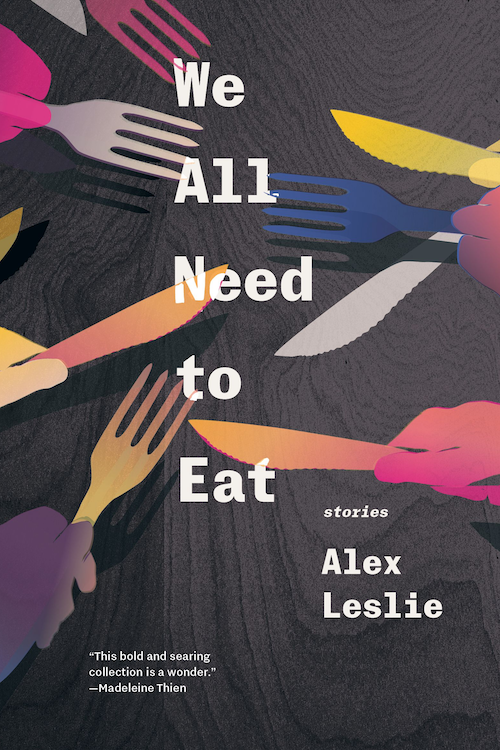
We All Need to Eat by Alex Leslie
We All Need to Eat is a collection of linked stories from award-winning author Alex Leslie that revolves around Soma, a young Queer woman in Vancouver. Lyrical, gritty, and atmospheric, the stories slipstream through Soma’s first three decades, exploring one young person’s journey through mourning, escapism, and the search for nourishment.
“Alex Leslie has written a refreshing set of interlocking narratives about family and heartache,” writes Amber Dawn. “A far cry from the self-discovery credos of the millennial age, her protagonist Soma ruminates and broods. And with Soma’s painfully careful and wonderfully-crafted considerations, the reader might also weigh the many small, trying moments that connect us to chosen and blood family.”
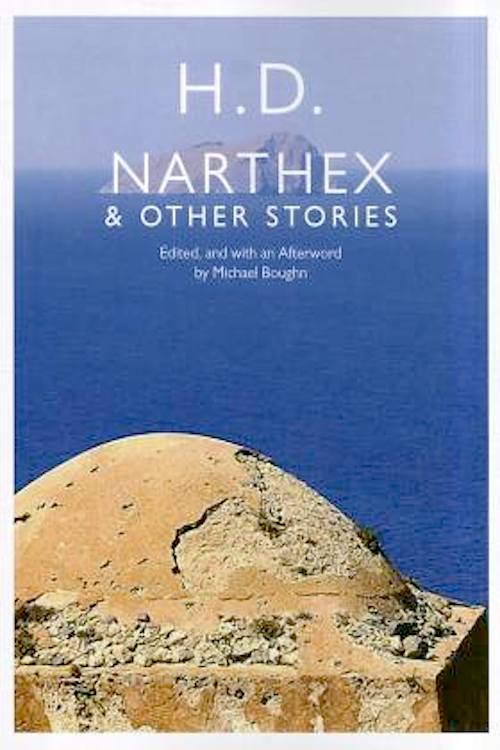
Narthex and Other Stories by H.D. (Hilda Doolittle)
Primarily known as a poet, H.D.—a.k.a. Hilda Doolittle—was also a prolific prose writer. She wrote several novels, only two of which were published in her lifetime, and a number of short stories and novellas, some of which were published under pseudonyms. Two of the three stories—reprinted in Narthex and Other Stories for the first time—were originally published in the 1920s, under the pseudonyms Rhoda Peters and D.A. Hill in Pagany and Life and Letters Today. The third story was published in Alfred Kreymborg’s 1928 anthology, The Second American Caravan, and has been unavailable ever since. Taken together, these stories offer a remarkable insight into H.D.’s thinking as she struggled to develop her work at a transitional time in her life.
“This is H.D. at her best, speaking, making real for us the range of feeling of those possibilities at the edge of our known and defined experience which have not been spoken before,” writes Diane di Prima.

